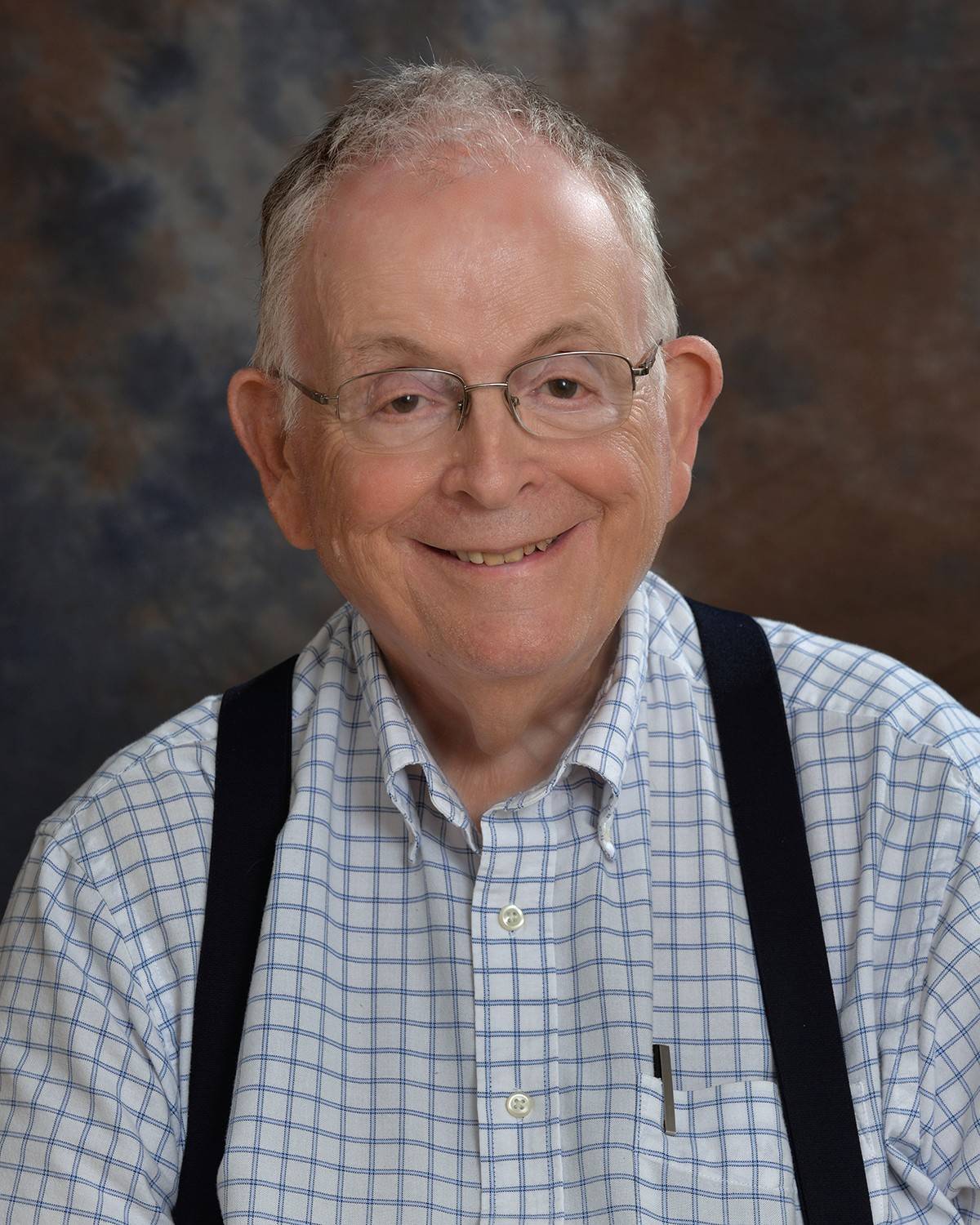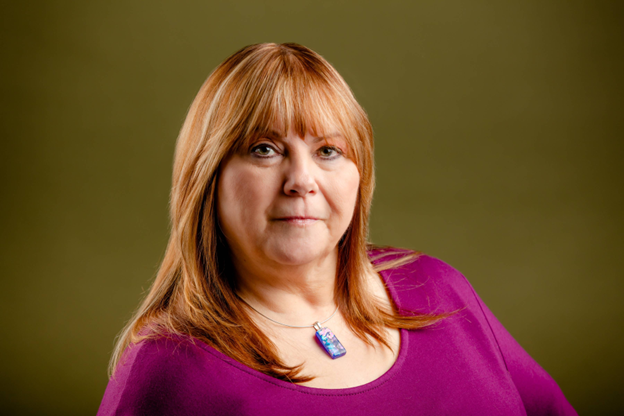A Tribute to Distinguished Professor Emeritus, Dr. D. Theron Stimmel: A Legacy of Wisdom, Kindness, and Dedication

February 21, 1937 – February 27, 2025
Distinguished Professor Emeritus D. Theron Stimmel was an enduring symbol of leadership, intellect, and kindness who left an indelible mark on all who knew him. Over the span of 88 years, Theron wore many hats: scholar, teacher, administrator, mentor, musician, traveler, and beloved husband, father, and grandfather. He made a profound impact on the academic and personal lives of those around him, including thousands of students at Texas State University.
Theron’s journey began in small-town America, growing up in Mt. Vernon, Ohio, and Seagoville, Texas. From these humble beginnings, he embarked on a remarkable academic and professional path, earning his psychology degree from Southern Methodist University and a doctorate from the University of Michigan. His academic pursuits brought him into contact with some of the most influential psychologists of his time, enriching his knowledge and shaping his future contributions to the field.
In 1969, Theron became the founding Chair of the Psychology Department at Southwest Texas State University, now known as Texas State University. His leadership, characterized by wisdom and diplomacy, helped establish the department on firm footing. Known for his ability to navigate complex administrative challenges with grace, Theron often quoted an old Russian saying: “It doesn’t matter whether the pitcher hits the rock, or the rock hits the pitcher, the pitcher breaks.” This keen understanding of human dynamics guided his decisions, allowing him to lead with both firmness and compassion.
Theron was more than just an academic; he was a true Renaissance man. His interests and expertise spanned a wide range of subjects, such as psychology, music, history, sports, and languages, including Russian and German. He also possessed an encyclopedic knowledge of classical music and opera, often weaving his intellectual passions into his professional and personal interactions. In 2009, Theron published a book exploring two of his many passions, Opera and the Psychology of Love: The Power of Science Meets the Passion of Opera. Such unique connections from across disciplines highlight the depth and diversity of Theron’s character—someone who could quote proverbs with the same ease as he discussed farming techniques or musical compositions.
Students and colleagues alike revered Theron for his teaching and mentorship. A brilliant lecturer, he had the rare ability to make complex ideas accessible and engaging. He was often recognized for outstanding teaching, being the recipient of the Everette Swinney Award for Excellence in Teaching, the Honors Professor of the Year, Chi Omega Favorite Professor, and Alpha Chi National Honor Society Favorite Professor. He also received external funding related to teaching from the Kellogg Foundation and the National Science Foundation.
Theron’s compassion extended beyond the classroom. He was known for his kindness—whether helping a struggling student or lending a listening ear to a colleague. His humor and warmth created a sense of comfort and trust, making him a beloved figure within the university community. He excelled in service to the department and the university, including serving as a Faculty Senator for 12 years and receiving the Dean’s Golden Apple Award for Excellence in Service from the College of Liberal Arts. Theron also contributed significantly to the San Marcos community, serving as a Board Member of the Scheib Mental Health Center and a supporter of the Hays-Caldwell Women’s Center, and to the profession of psychology, serving as the Texas Representative to the Board of Directors for the Southwestern Psychological Association.
As the Psychology Department continues to grow, Theron’s influence remains deeply woven into its fabric. His leadership, intellectual curiosity, and unwavering kindness set a standard for excellence that continues to guide the department’s mission. Indeed, through the lives he touched, the knowledge he imparted, and the scholarship that bears his name, Theron’s legacy endures as a testament to a well-lived life.
D. Theron Stimmel was more than an academic or a department chair; he was a Renaissance man, a mentor, a friend, and a role model. His life reminds us of the power of kindness, the importance of intellectual curiosity, and the impact one individual can have on countless lives. As we honor his memory, we are reminded that his story is not just one of achievements but of the enduring human values he embodied.
In Memory of Dr. Ollie Seay

The Department of Psychology is saddened to share the news that Dr. Ollie Seay has passed away from a sudden medical complication. Dr. Seay joined Texas State as a Lecturer in 2003 after 30 years in private practice. She became a Clinical Assistant Professor in 2007 and was promoted to Clinical Associate Professor in 2022. Not only was Dr. Seay a valued member of the faculty at Texas State, but she also concurrently maintained a clinical practice, specializing in forensic evaluations and consultations in criminal cases involving persons with intellectual and developmental disabilities. She taught classes in Abnormal Psychology, Forensic Psychology, and Developmental Disabilities. Her favorite role was serving as the Faculty Advisor for the Learning Community for Cognitive Disabilities, which allowed her to share her passion for and experience in the field with students as they completed an internship experience. Dr. Seay was also a leader in the field of forensic psychology in the state of Texas, serving as the president of the Texas Psychological Association in 2009, establishing the Lone Star Psychology Internship Consortium for underserved areas of Texas. Her commitment to service to her field was recognized by Texas State in 2013 when she received the Presidential Distinction Award for Service. More recently, Dr. Seay served as the president for the Texas chapter of the American Association on Intellectual and Developmental Disabilities in 2017 and received the 2022 Knowledge Award for Excellence in Education or Research from this group. Dr. Seay was also currently serving as the president of the Capacity for Justice, an organization that strives to promote fairness in the criminal justice system for persons with mental disorders, and she was a consultant and evaluator for capital murder trials, Death Row appeals, and numerous other criminal cases. In addition to all her professional accomplishments, Dr. Seay was a kind, supportive, and good-humored colleague, and we will miss her dearly.
Selected Achievements
Publications
- Edwards, C. N. (2022). Texas Law and the Practice of Psychology: A Sourcebook, 13th Edition. (O. J. Seay & J. R. Hays, Eds.). Austin, Texas, United States: Texas Psychological Association.
- Hays, J. R., Jennings, F., Seay, O. J., & Lawson, K. A. (2012). Conflict in AG Opinions on Reporting Child Abuse. Texas Psychologist, 64(3), 15–16.
- Hays, J. R., Edwards, C., & Seay, O. J. (Eds.). (2010). Cases on Mental Health Law in Texas. Cedar Park, TX: Texas Psychological Association.
- Campbell, J. C., Conroy, M. A., & Seay, O. J. (2008). The Tragedy of the Virginia Tech Massacre: Legal and Ethical Considerations. Texas Psychologist, 59(1), 21–21.
- Seay, O. J., McDonald, C. T., Wilson, A. J., & Servin-Guerrero Lopez, S. (2006). Poverty and Mental Health: Two Faces of Poverty: Theirs and Ours. Texas Psychologist, 57(1), 11–15.
Awards
- 2022 Knowledge Award for Excellence in Education or Research, American Association on Intellectual and Developmental Disabilities-Texas Chapter.
- 2018 College of Liberal Arts Achievement Award for Excellence in Service, Texas State University.
- 2013 Nominee for the Presidential Award for Excellence in Service, Texas State University.
- 2011 Liberal Arts Dean's Excellence Award for Service, Texas State University
- 2010 Psychologist of the Year, Texas Psychological Association.
In Memory of Dr. Ronald A. Finke (1950-2015)

With great sadness, the Department of Psychology at Texas State University announces the death of Dr. Ron Finke on November 4, 2015. Ron was an esteemed member of the Bobcat family and was a friendly and well-known face in the San Marcos community. He will be missed by his students, colleagues, and friends.
Ron earned a BS in Physics in 1972 and a BA in Psychology in 1974, both from the University of Texas at Austin. He earned a PhD in Experimental Psychology from Massachusetts Institute of Technology in 1979, where his dissertation was entitled “Experimental Investigations of Imagery Reafference.” He completed post-doctoral positions at Cornell University and Stanford University, followed by faculty positions as Assistant Professor at the University of California at Davis, Associate Professor at the State University of New York at Stonybrook, and Associate Professor at Texas A&M University. Following a 10-year hiatus from academia, Ron served as a Senior Lecturer at Texas State University from 2008 until the time of his death.
Ron is best known for his work on mental imagery and creative cognition, which is cited in numerous textbooks. He was interested in the benefits and techniques of chaotic thinking as well as the nature of irrational thinking in modern society. In his later years, Ron assembled a large collection of stories regarding life in San Marcos, Texas.
Ron had a variety of interests throughout his life. He was president of his high school model rocket club and later competed in table tennis at the highest levels, ascending to a ranking of second in the nation. In San Marcos, he became a certified bicycle mechanic, spending many happy hours at Al’s Bike Shop. He was a fan of stand-up comedy, Texas BBQ, and all books written by Tim Dorsey. Ron is survived by his younger sister, Janet and her family.
Selected Publications:
Books
Finke, R. A. (1989). Principles of Mental Imagery. Cambridge, MA: MIT Press.
Finke, R. A. (1990). Creative Imagery: Discoveries and Inventions in Visualization. Hillsdale, NJ: Lawrence Erlbaum Associates.
Finke, R. A., & Bettle, J. (1996). Chaotic Cognition: Principles and Applications. Hillsdale, NJ: Lawrence Erlbaum Associates.
Finke, R. A., Ward, T. B., & Smith, S. M. (1992). Creative Cognition: Theory, Research, and Applications. Cambridge, MA: MIT Press.
Smith, S. M., Ward, T. B., & Finke, R. A. (Eds.). (1995). The creative cognition approach. Cambridge, MA: MIT Press.
Ward, T. B., Finke, R. A., & Smith, S. M. (1995). Creativity and the Mind: Discovering the Genius Within. New York: Plenum Press.
Articles
Finke, R. A., & Freyd, J. J. (1989). Mental extrapolation and cognitive penetration. Journal of Experimental Psychology: General, 118, 403-410.
Finke, R. A., Pinker, S., & Farah, M. (1989). Reinterpreting visual patterns in mental imagery. Cognitive Science, 13, 51-78.
Finke, R. A. (1986, March). Mental imagery and the visual system. Scientific American, 254, 88-95.
Finke, R. A. (1985). Theories relating mental imagery to perception. Psychological Bulletin, 98, 236-259.
Finke, R. A., & Kurtzman, H. S. (1981). Mapping the visual field in mental imagery. Journal of Experimental Psychology: General, 110, 501-517.
Finke, R. A. (1980). Levels of equivalence in imagery and perception. Psychological Review, 87, 113-131.
